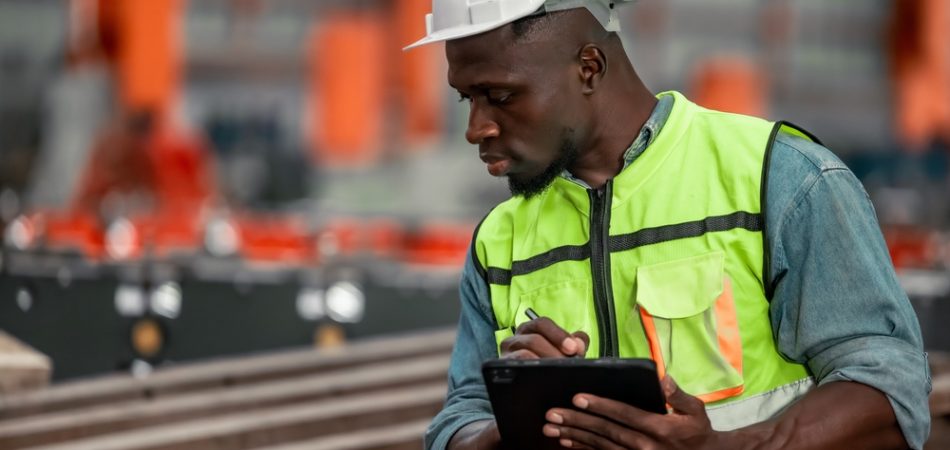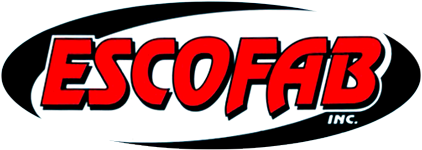
In recent years, the manufacturing industry has seen a significant shift towards eco-friendly practices. Metal fabrication, a critical segment of this sector, is no exception. As companies and consumers alike grow more environmentally conscious, sustainable metal fabrication is becoming increasingly important. This blog explores the current trends and practices in sustainable metal fabrication and highlights the efforts of companies in Atmore, AL, to embrace these practices.
What is Sustainable Metal Fabrication?
Sustainable metal fabrication refers to the integration of eco-friendly practices and technologies into the metal manufacturing process. This approach aims to minimize environmental impact, reduce waste, and improve energy efficiency. Key elements include using recycled materials, implementing energy-efficient technologies, and optimizing processes to reduce emissions and waste.
Why is it Important?
Sustainable metal fabrication is crucial for several reasons:
- Environmental Impact: Traditional metal fabrication processes can be resource-intensive and polluting. Sustainable practices help reduce the carbon footprint and conserve natural resources.
- Economic Benefits: Efficient use of materials and energy can lower costs and improve profitability. Over time, the initial investment in sustainable technologies can result in significant savings.
- Regulatory Compliance: With increasing environmental regulations, adopting sustainable practices helps companies stay compliant and avoid potential penalties.
Key Trends in Sustainable Metal Fabrication
1. Recycling and Reuse of Metals
One of the most impactful practices in sustainable metal fabrication is the recycling and reuse of metals. By repurposing scrap metal, companies can significantly reduce the need for raw material extraction, which conserves natural resources and lowers energy consumption. Advanced sorting technologies and recycling processes ensure that metal waste is effectively reclaimed and reintegrated into production.
2. Energy-Efficient Technologies
Energy consumption is a major concern in metal fabrication. Sustainable practices focus on reducing energy use through various means:
- Energy-Efficient Equipment: Modern machines and tools are designed to consume less energy while maintaining high performance.
- Renewable Energy Sources: Integrating solar, wind, or other renewable energy sources into manufacturing operations helps reduce reliance on fossil fuels.
- Process Optimization: Techniques such as lean manufacturing and advanced automation minimize energy waste and improve overall efficiency.
3. Low-Emission Processes
Reducing emissions is another critical aspect of sustainable metal fabrication. Innovations in this area include:
- Cleaner Production Technologies: Implementing technologies that generate fewer emissions and pollutants during metal processing.
- Advanced Filtration Systems: Installing high-efficiency filters and scrubbers to capture and reduce harmful emissions from manufacturing processes.
- Alternative Fuels: Utilizing cleaner alternative fuels and energy sources to minimize the environmental impact of fabrication activities.
4. Design for Sustainability
Designing products with sustainability in mind is becoming increasingly common. This involves:
- Material Selection: Choosing materials that are both durable and recyclable, thereby extending the product’s lifecycle.
- Modular Design: Creating products that can be easily disassembled and repaired, which reduces waste and supports recycling efforts.
- Life Cycle Assessment: Evaluating the environmental impact of a product throughout its lifecycle, from raw material extraction to disposal.
Atmore, AL: Leading the Way in Environmental Practices
Overview of Atmore’s Environmental Initiatives
Atmore, AL, is making significant strides in adopting eco-friendly practices within its local metal fabrication industry. The city’s commitment to sustainability is evident in various initiatives and projects aimed at promoting environmental responsibility.
1. Local Recycling Programs
Atmore has implemented robust recycling programs that support metal fabrication businesses in managing scrap and waste materials efficiently. These programs facilitate the collection and processing of metal waste, encouraging companies to adopt recycling practices and reduce their environmental footprint.
2. Energy Efficiency Projects
Local businesses in Atmore are increasingly investing in energy-efficient technologies. The city offers incentives and support for companies that upgrade their equipment to more energy-efficient models or incorporate renewable energy sources into their operations.
3. Collaborative Sustainability Efforts
Atmore’s metal fabrication industry benefits from collaborative efforts between local government, businesses, and environmental organizations. These partnerships focus on sharing best practices, developing new technologies, and promoting sustainability within the industry.
4. Education and Awareness
Educational initiatives in Atmore aim to raise awareness about sustainable metal fabrication practices. Workshops, seminars, and training programs help businesses and individuals understand the benefits of adopting eco-friendly practices and provide practical guidance on implementation.
Future Outlook: The Road Ahead for Sustainable Metal Fabrication
Innovations on the Horizon
The future of sustainable metal fabrication looks promising with ongoing research and innovation. Emerging technologies and practices are set to further enhance environmental sustainability, including:
- Advanced Recycling Technologies: New methods for more efficient metal recycling and waste management.
- Green Manufacturing Processes: Development of processes that use fewer resources and generate less waste.
- Smart Manufacturing: Integration of digital technologies and data analytics to optimize production and reduce environmental impact.
The Role of Regulation and Policy
Government regulations and policies will continue to play a crucial role in driving sustainable practices in metal fabrication. Enhanced environmental standards and incentives for sustainable practices will encourage more companies to adopt eco-friendly measures and contribute to broader environmental goals.
Conclusion
Sustainable metal fabrication is not just a trend but a necessary evolution in the manufacturing industry. By embracing eco-friendly practices such as recycling, energy efficiency, and low-emission processes, companies can significantly reduce their environmental impact. In Atmore, AL, local businesses are setting a benchmark for sustainability, demonstrating that environmental responsibility and economic success can go hand in hand. As technology advances and regulations evolve, the future of sustainable metal fabrication holds great promise for a greener, more efficient industry.
Need a Machine Shop in Atmore, AL?
Escofab Inc. has been dedicated to providing quality machining and fabrication since 1981! Here at Escofab Inc. we utilize fabricating and machining to your specifications. We work to fit your needs and ensure customer satisfaction. Our friendly and informative staff are eager to assist you! Give us a call or come on in today; walk-ins welcome!
